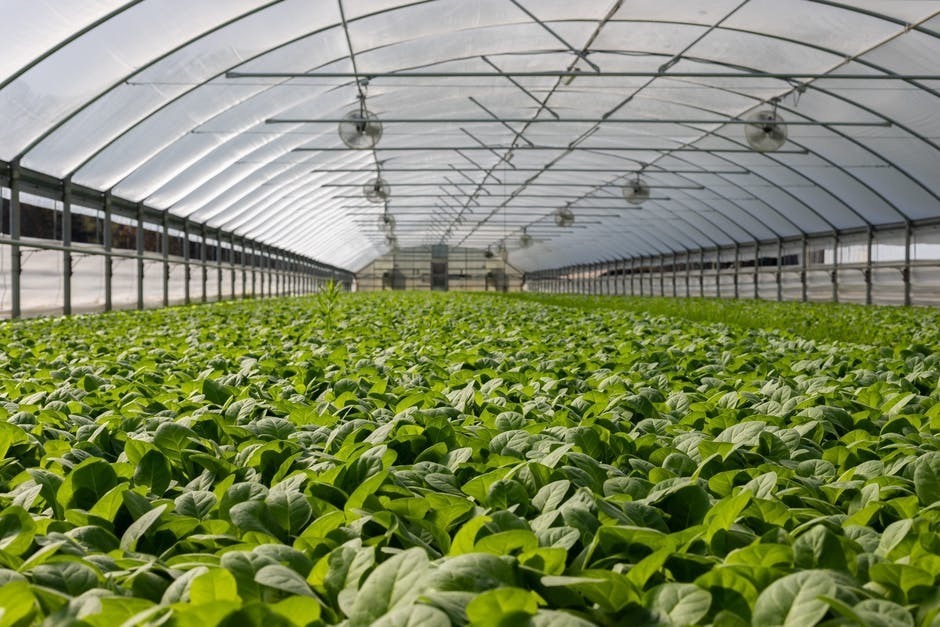THE Zimbabwe National Water Authority (Zinwa) is targeting to drill 35 000 boreholes across the country by 2025 to boost the Presidential Rural Horticulture Scheme.
Speaking to the Daily News on Sunday yesterday, Zinwa corporate communications and marketing manager Marjorie Munyonga, pictured, said the initiative would improve the livelihoods of rural people.
“Zinwa intends to drill 35 000 boreholes across the country by 2025. The 35 000 boreholes will mean that each of the 35 000 villages in Zimbabwe will get a borehole.
“The boreholes are expected to anchor the Presidential Rural Horticulture Scheme by providing water for horticulture and related projects such as fisheries at village level. The boreholes will also provide drinking water for the communities and ultimately reduce the distances that rural communities travel to get water,” Munyonga said.
The government is pushing to industrialise rural areas through agriculture as 11 million plus rural people depend on farming and availability of water is critical.
According to Munyonga, the initiative would unlock economic developments in rural areas such as employment.
“The major beneficiaries of this programme are the country’s rural communities. The programme will unlock the rural communities’ socio-economic potential and also spawn opportunities for the horticulture sector’s upstream and downstream industries and sectors.
“To give impetus to the programme, Zinwa has started taking delivery of borehole drilling rigs which shall be used in the programme,” Munyonga said.
Zinwa has various programmes across the country as it targets to make water accessible and reduce the number of farmers depending on rain for their crops.
According to Munyonga, they are also targeting to cover 350 000 hectares of land with irrigation, the rehabilitation and maintenance of already existing structures.
The State of Preparedness for the 2021/22 Agriculture Season says the government plans to plant six priority fruit trees that are passion fruit, pecan nuts, apple, guava, mango and macadamia nuts as it battles to revive the horticulture industry.
“Each targeted household will be given 10 trees of each fruit variety, depending on suitability of the fruit tree varieties to the agro ecological regions and potential income to be generated.
“The first phase to December 2021 is targeting 500 000 seedlings at a cost of US$1.436.804 ($119,254,732.00) which includes the cost of seedling production and establishment of seven state of the art nurseries,” the report says.
In the bid to increase food security, the beneficiaries would be given seed according to the region, and also be trained to climate proof their plants, trees and vegetables.








